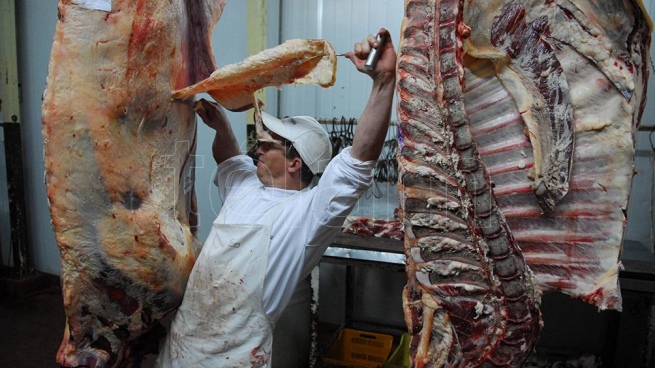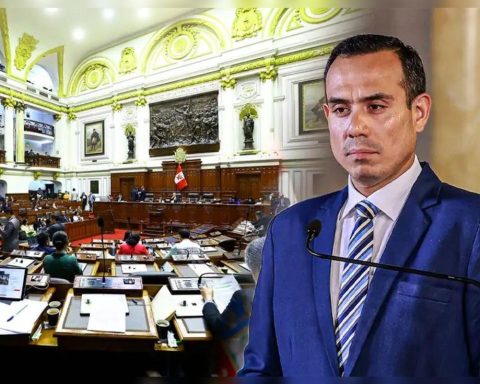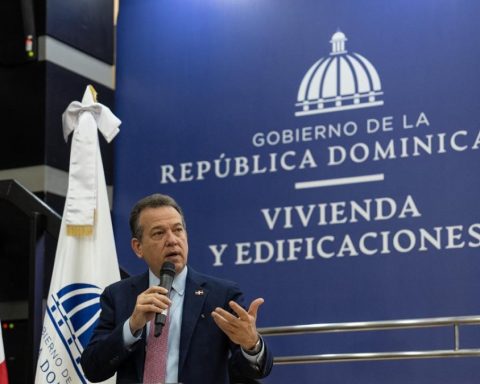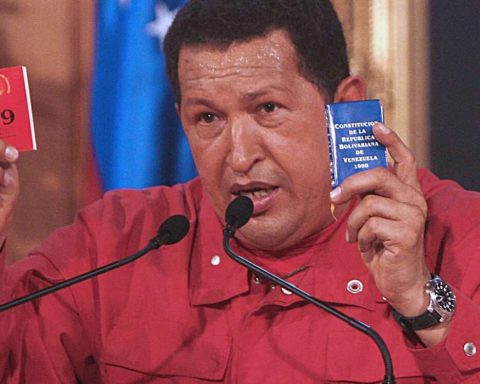The Government renewed the agreement with refrigerators and supermarkets for the Care Cuts program, which will be in force throughout 2022 and involves the marketing of seven of the main cuts of beef at agreed and accessible prices throughout the country.
The first stage of the program will run from February 7 to April 7, the date on which the extension conditions for the rest of the year will be analyzed, and deal prices will have a 2% increase guideline between March 7 and April 7.
The Ministry of Productive Development, through the Secretary of Commerce, which was in charge of the negotiation, reported this afternoon that the value per kilo of cut is $699 per roast strip; $749 empty; $779 a kill; $449 a skirt; $639 for the roast lid; $799 a buttock; and $649 a palette.

The program includes the most representative cuts of consumption by Argentines with options for the grill, for daily consumption, such as milanese, and for cooking in a pot, they highlighted from the area led by Minister Matías Kulfas.
The Association of United Supermarkets (ASU), the consortium of Argentine meat exporters ABC, the refrigerators grouped in the Federation of Regional Meat Processing Industries (Fifra) and the Union of the Argentine Meat Industry (Unica) are part of the agreement.
Likewise, consumers will be able to buy the cuts in more than 1,000 outlets that include the large supermarket chains Coto, Jumbo, Plaza Vea, Disco, Carrefour, Walmart, Changomas, La Anónima and Día%, the wholesale chains Vital and Makro, and butcher shops affiliated with Unica and ABC.
After the meeting in which the understanding was closed, the Secretary of Internal Trade, Roberto Feletti, maintained that “regulatory instruments are being built in food” to align the income policy with the price policy.”
“We have the need to align income policy with pricing policy. Not everything can be regulated, but we can make progress in this direction, and in food we are building the regulatory instruments and I think that in March the effect will be seen, ”Feletti advanced in radio statements with Uncover.

In addition, the secretary affirmed “to have the support for this of the ministers Kulfas and (of Economy Martín) Guzmán” and said that “monopolistic inflation is that of gondolas, of market concentration in processed foods and international inflation, is that of frescoes that requires the decoupling tool”.
Along these lines, he referred that they are addressing “both cases: with the baskets that are being built and they are being affirmed, even the retail and local businesses they are suing them now, more limited, because they are obviously losing sales to the supermarkets and on the other hand, trusts and regulated cuts of meat are being built.”
“We saw it at parties, 7,000 tons of meat were sold in six days, so It’s not that people don’t want to eat meat, it’s about building a basket that people can access”, he explained.
He also commented that the Central Market is looking for instruments to regulate potatoes, tomatoes, vegetables, to reduce price volatility.

For his part, the head of the United Supermarkets Association (ASU) told Télam that what was agreed “is a solid and well-represented basket and is an important stimulus for everyone to opt for all these types of cuts.”
Thus, The selected cuts will be available from Monday to Friday at agreed sales values, “notably lower than those that can currently be found in the domestic market,” the Ministry of Productive Development reported in a statement.

















